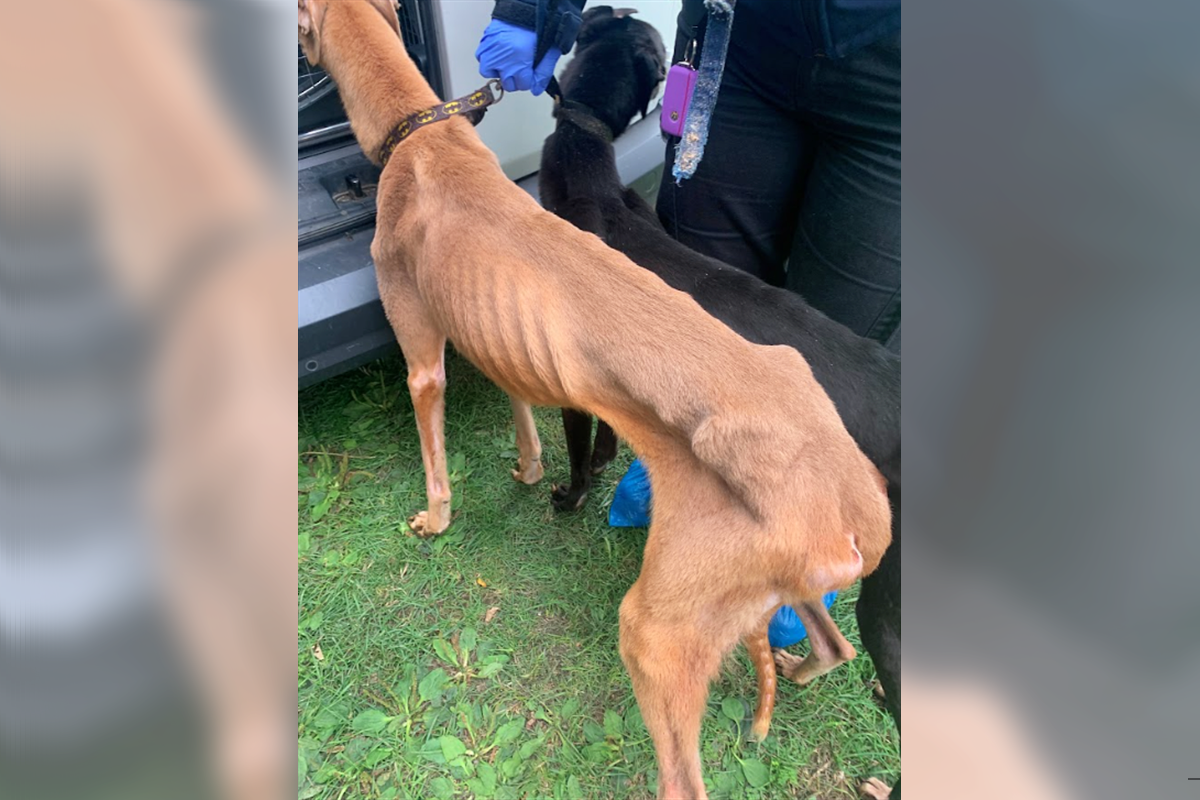
A greyhound trainer with 17 years experience has been jailed for 36 weeks and banned for keeping animals for life following her treatment of 38 greyhounds.
Rebecca Perkins of Hunmanby Road, Burton Fleming - pleaded guilty to three Animal Welfare Act offences, and was sentenced at Scarborough Magistrates Court last Tuesday (27 June).
The Greyhound Board of Great Britain (GBGB), the regulatory body for licensed racing, raised concerns with the RSPCA after inspecting Perkins’ kennels at her farm in the East Riding of Yorkshire in September 2022.
A GBGB expert told the RSPCA he was "disturbed" by what he witnessed during the unannounced spot check.
Perkins admitted causing 37 greyhounds to suffer unnecessarily as a result of her failure to secure veterinary attention addressing their poor body condition.
She also admitted causing three of the greyhounds to suffer after failing to ensure vet care to address lameness and sores; and to failing to provide a suitable, hygienic environment for 35 of the greyhounds.
Perkins was jailed for a total of 36 weeks. She was handed an 18-week custodial sentence for each of the offences concerning the greyhounds suffering unnecessarily, which will run consecutively. She was given a further 12 week prison sentence for the offence concerning the greyhounds’ unsuitable environment, which will run concurrently.
In mitigation, the court heard that Perkins had been licensed to train greyhounds for 17 years, and pleaded guilty at the earliest opportunity. She also cited a recent health scare and financial issues.
In addition to the jail term and a lifetime ban on keeping all animals, Perkins was ordered to pay a £187 victim surcharge. She may not appeal her ban against keeping animals for 10 years.
Welfare issues at Perkins' farm came to light after an area stipendiary steward from GBGB, whose duties include inspecting kennels, made an unannounced visit.
Upon arrival at the farm he saw a black greyhound lying inside a small plastic portable kennel. The dog struggled to get out of the kennel, and was described as being in a "disgraceful condition" and being "so thin and emaciated" that the dog "could hardly walk".
In stables at the farm, he found several thin, very underweight greyhounds in stable blocks - and the skeleton of a small dog that had been there for some time.
When Perkins returned home, he asked her to open the main kennel block. The stench inside left him feeling "immediately sick" - and reported seeing dogs in the kennels in shocking conditions, with "many being extremely thin and emaciated". The bodies of a further four dead dogs were also found at various locations across the farm.
Excrement was present across the floor of the kennels, and the smell was described as “overpowering”.
After receiving the call from GBGB, RSPCA inspector Claire Mitchell and animal rescue officer (ARO) Daniel Richardson attended the farm.
Inspector Mitchell first found a very thin greyhound in the first kennel block, whose ribs, spine and backbone were all visible.
She found a further three black greyhounds in another barn - all with very thin body conditions, and with soiled pillows scattered across the floor.
Numerous live and dead greyhounds were observed in the main kennel block, who were all very thin.
Inspector Mitchell said in a witness statement:
“Every single kennel in this kennel block was heavily soiled with faeces and urine, as was all the bedding for the greyhounds.
“The smell in the (main) kennel block was overpowering and almost unbearable.”
ARO Richardson’s witness statement described the conditions in one of the kennel blocks. He said:
“As we walked down the first row, we noticed nearly all of the pens had greyhounds in, several of which were deceased. There were living dogs in the kennels with the deceased dogs.
“The majority of the dogs were very skinny and several were unable to stand. I noticed the dogs were in very poor body condition, I noticed fur loss and sores on many of the dogs. One in particular had a nasty open wound on its front leg. I noticed several of the kennels containing deceased dogs that were in different stages of decay.”
Perkins signed all the greyhounds in her care over to the RSPCA.
Sadly, a collapsed brindle greyhound in the poorest condition died before it reached a vet for treatment. Two further greyhounds were put to sleep that day on independent veterinary advice on welfare grounds, while a further greyhound had to be euthanised several days later.
An independent vet told the court:
“I have been shown a number of photographs of the conditions all the dogs were living in and would say that their needs haven’t been met as required by good practice due to the heavily soiled living area.”
On the 37 greyhounds that suffered, the vet added:
“In my opinion all 37 dogs were suffering for a minimum of two weeks, but likely several weeks, possibly a couple of months, due to their multiple issues.”
Some of the greyhounds examined by a vet were given a 1/9 body score - the lowest - indicating they were emaciated.
Fortunately, all of the surviving dogs did very well in RSPCA care - gaining significant weight, and the process of rehoming is well underway.
Speaking after sentencing, ARO Richardson said:
“This distressing case saw a large number of greyhounds suffer in their owner's care due to a failure to get them urgent veterinary treatment they so clearly needed.
“The conditions at the property were wholly unacceptable, with faeces everywhere and an overpowering smell, all of which contributed to a totally inappropriate and illegal environment.
“Looking after a large number of greyhounds like this can be very challenging - and clearly they were badly let down on this occasion, to such an extent that a number had to be put to sleep given the severity of the welfare problems.
“Thankfully, once in RSPCA care, the greyhounds that survived have done very well and gained significant weight. The process of rehoming these dogs is underway - offering them each a second chance of forever home happiness."
Given the lifetime ban on keeping animals, the court gave Perkins three weeks to make arrangements for her other animals which were not part of the prosecution, and had not been previously signed over to the RSPCA. The charity is now monitoring this.





 Candidates Confirmed for First Scarborough Town Council Elections
Candidates Confirmed for First Scarborough Town Council Elections
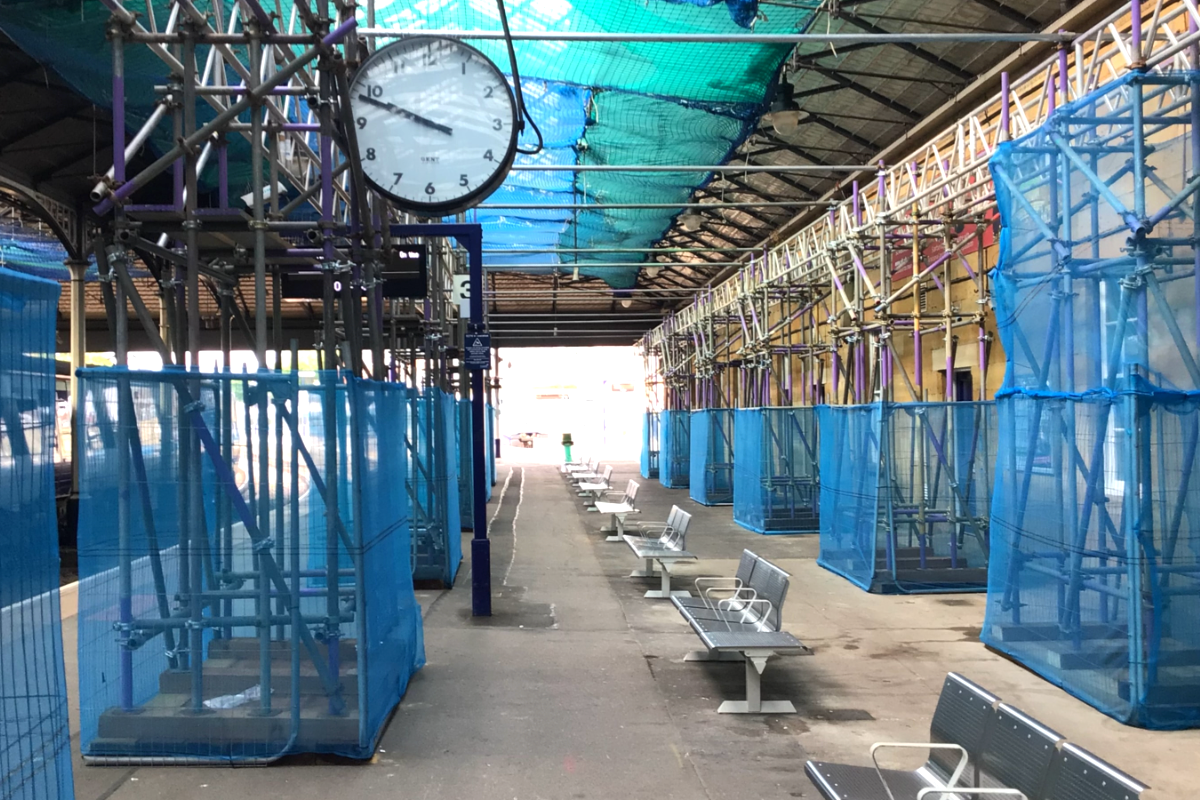 Scarborough Station Set for Multi-Million-Pound Roof Renovation
Scarborough Station Set for Multi-Million-Pound Roof Renovation
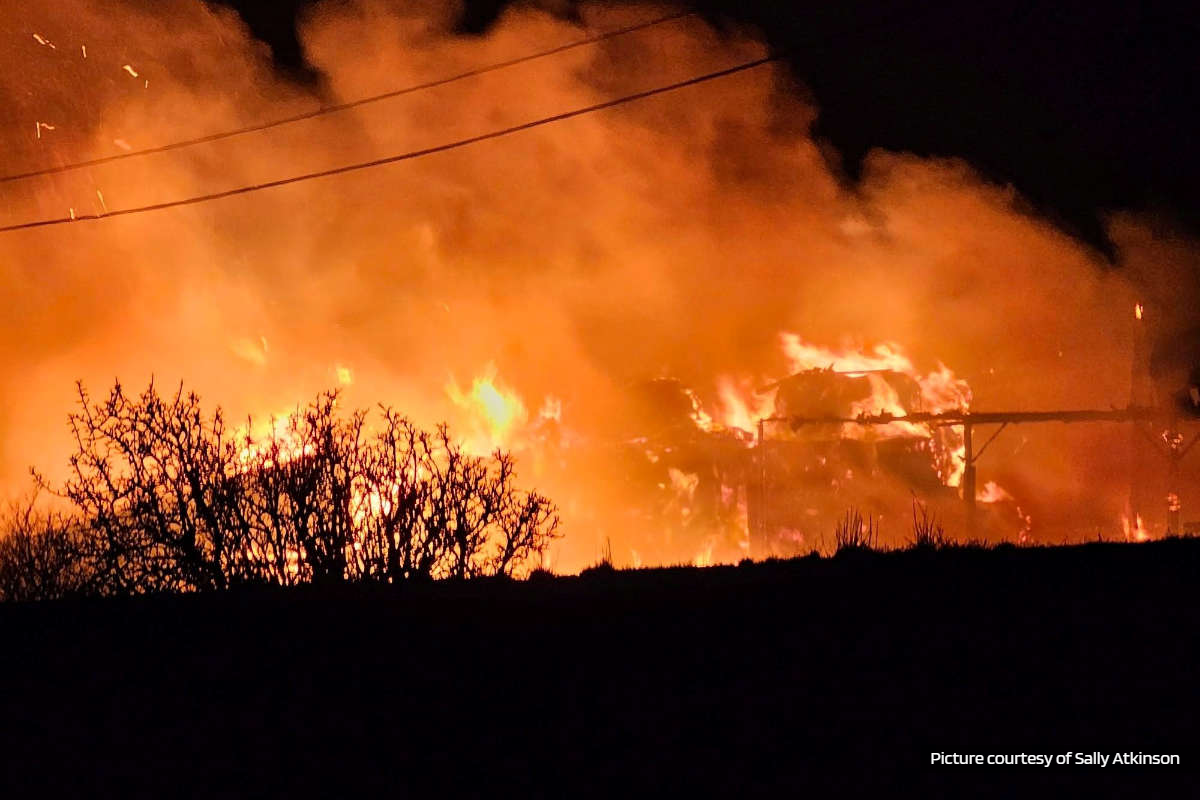 Renewed Appeal Following "Shocking" Arson in Whitby
Renewed Appeal Following "Shocking" Arson in Whitby
 Six Candidates Standing to Become First Elected Mayor of Hull and East Yorkshire
Six Candidates Standing to Become First Elected Mayor of Hull and East Yorkshire
 Construction to Start on Whitby Maritime Hub
Construction to Start on Whitby Maritime Hub
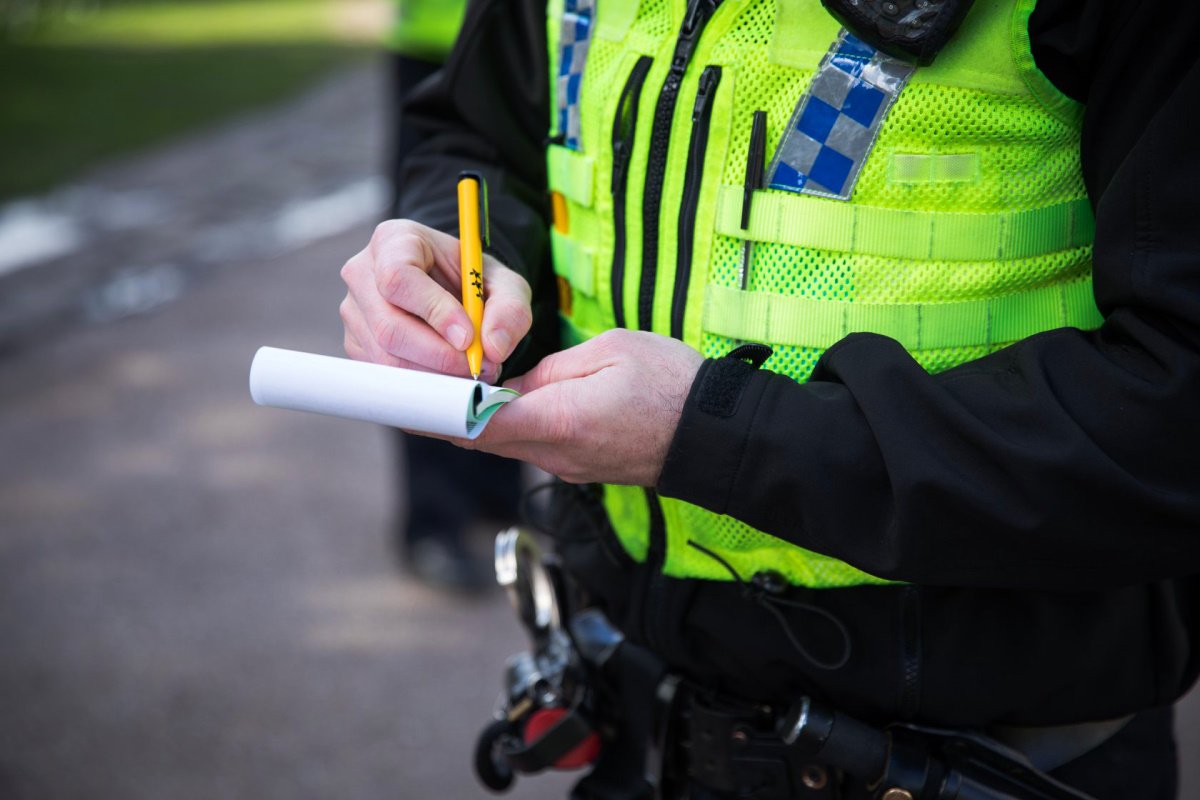 Police Appeal for Information Following Whitby Robbery
Police Appeal for Information Following Whitby Robbery
 Concern Over Increasing Number of Older Renters in Scarborough
Concern Over Increasing Number of Older Renters in Scarborough
 York and North Yorkshire Chief Exec Confident Devolution Will Boost Northern Power and Investment
York and North Yorkshire Chief Exec Confident Devolution Will Boost Northern Power and Investment
 Double Success for Scarborough Motor Firm
Double Success for Scarborough Motor Firm
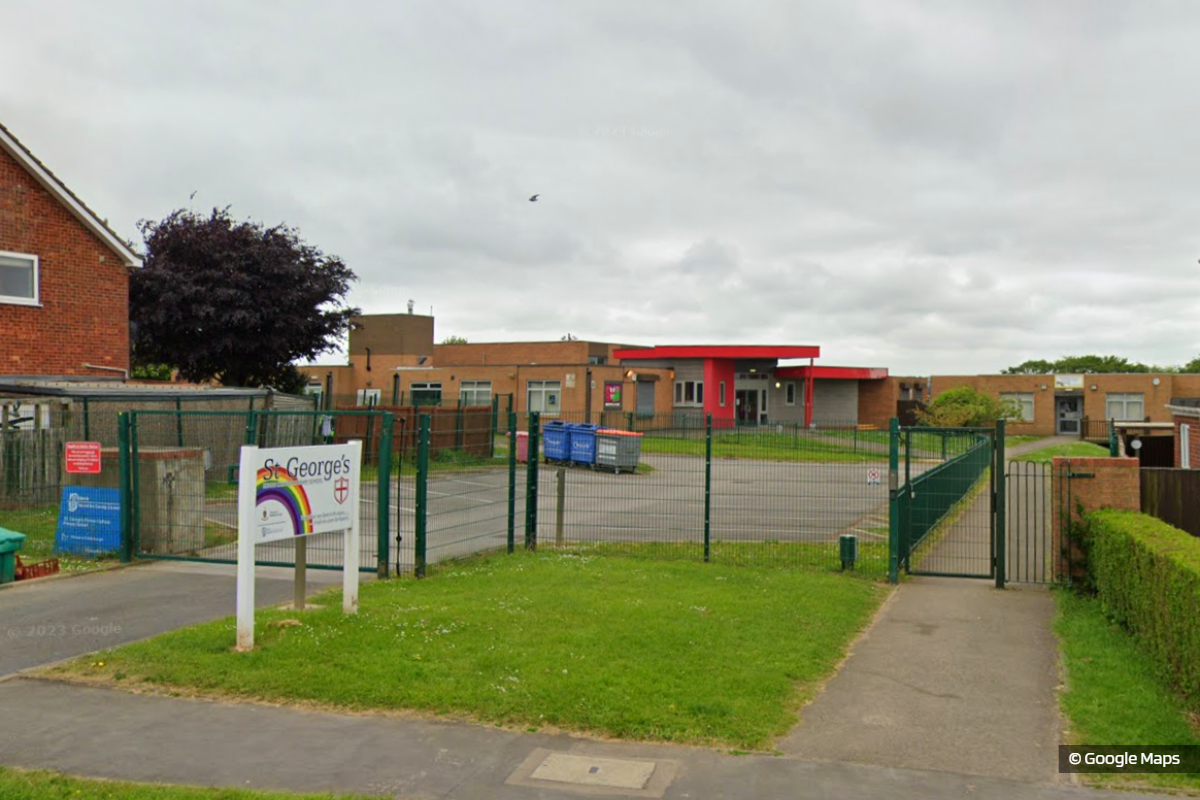 Scarborough School Receives Funding for New School-Based Nursery
Scarborough School Receives Funding for New School-Based Nursery
 RNLI Bridlington Puts Out Mayday Call to Help Raise Vital Funds
RNLI Bridlington Puts Out Mayday Call to Help Raise Vital Funds
 Street Lights Switched Off Along Two East Riding Roads as Part Carbon Cutting Trial
Street Lights Switched Off Along Two East Riding Roads as Part Carbon Cutting Trial








Comments
Add a comment